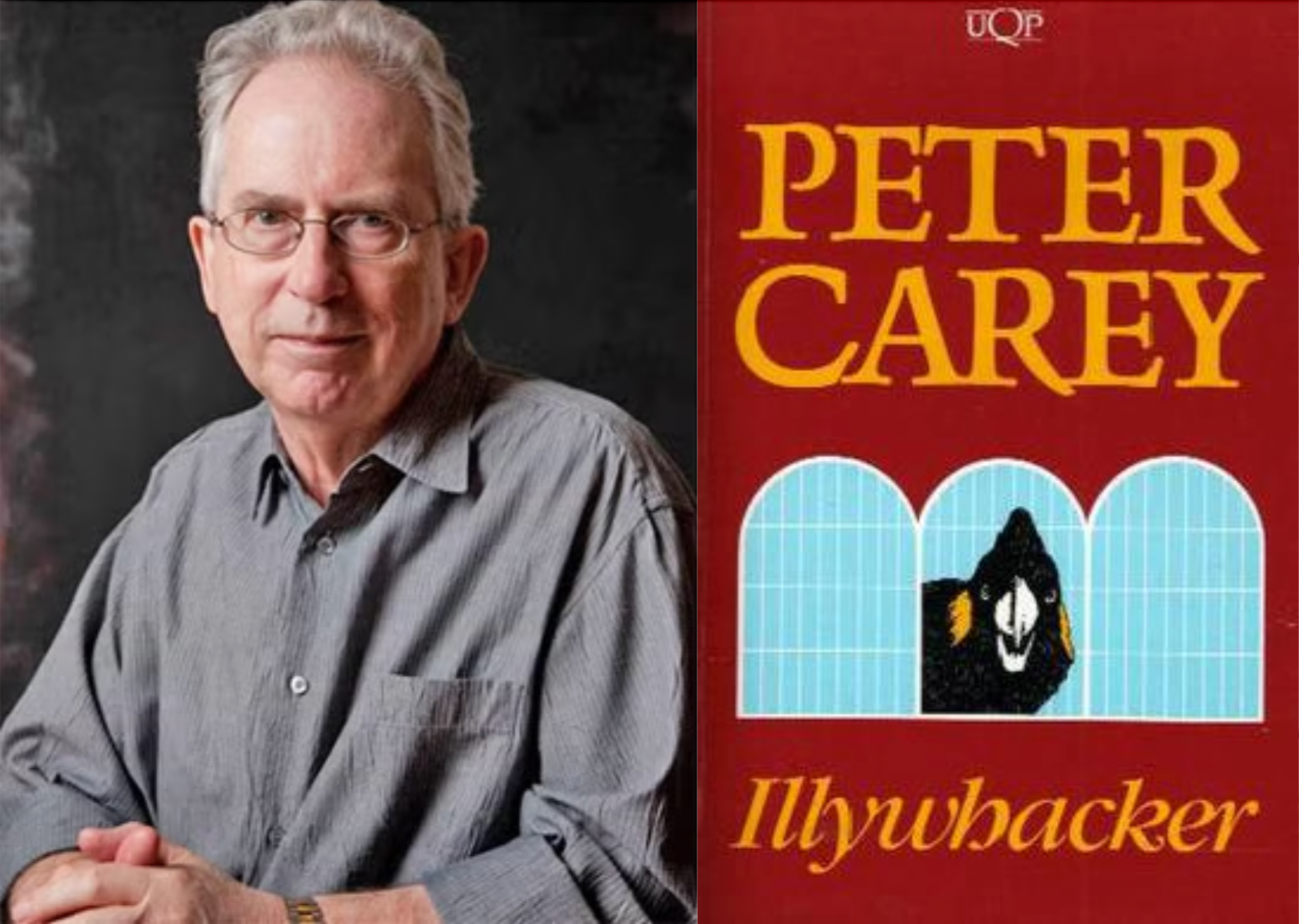Book of a lifetime: Illywhacker by Peter Carey
From The Independent archive: Nell Freudenberger is beguiled by the Australian novelist’s ability to construct lies so well, they come over as a magic trick

If there are four pages in contemporary fiction that I envy above all others, they come from Peter Carey’s fabulous tall tale, Illywhacker. This short chapter tells how Herbert Badgery – pilot, lover, 139-year-old professional liar – learns from his childhood mentor, Goon Tse-Ying, to become invisible.
The delight in physical detail, the forward rush of the narrative, nearly concealing the slyly perfect rhythm of Carey’s sentences… I would do anything to have written them. “I bit his hand and made it bleed. He laughed out loud, this giant in a butterfly collar and gold-rimmed glasses. I wet myself in terror.”
When I read Illywhacker for the first time, I was in high school. The books my friends passed one to the other, giggling, never did it for me (Forever by Judy Blume, or Jean M Auel’s The Valley of Horses) but Herbert and Phoebe’s morning tryst on the roof of her parents’ house struck me as the sexiest thing I’d ever read.
I learned from Illywhacker that writing about sex has to be precise, and if possible, funny.
On the roof, everything from the description of Herbert’s penis (”nothing had prepared her for the softness, the baby skin stretched so tight”) to Phoebe’s girlish gesture, writing “Phoebe loves Herbert” with her finger in the “wet cloud” her lover leaves behind on the red tiles, is both physically and emotionally exact.
Then, Phoebe’s mother’s voice floats up to ask if Mr Badgery, ostensibly replacing a faulty tile, “would like a cup of tea when you’ve finished?”
Many novelists write great short chapters, and some write confidently about sex, but I don’t know anyone who writes about lying as well as Carey.
When I started to write my own stories, I found that they too were full of liars and imposters. “Write from your own experience,” was a lesson that paralysed me, and I was a disaster with a diary. Only when I wrote about the habits of someone else, especially someone I didn’t know well, could I remain interested and attentive.
As with most things, it’s easier to be honest when you don’t know that’s what you’re trying to do; the more distance I put between my own history and the superficial facts of the story I was telling, the more emotionally genuine the story became.
I think it was Herbert Badgery’s insistent, authoritative fabrications that started me on the path to understanding this – although I certainly didn’t recognise it at the time. I was too busy marvelling at the honesty of Carey’s lies, so brilliantly constructed as to be almost a magic trick, allowing the author himself to disappear.



Join our commenting forum
Join thought-provoking conversations, follow other Independent readers and see their replies
Comments